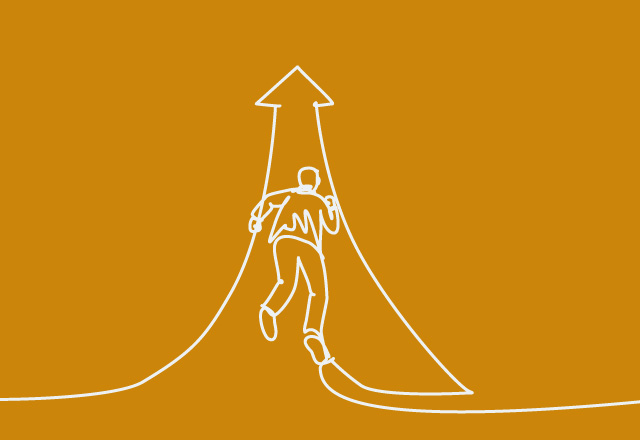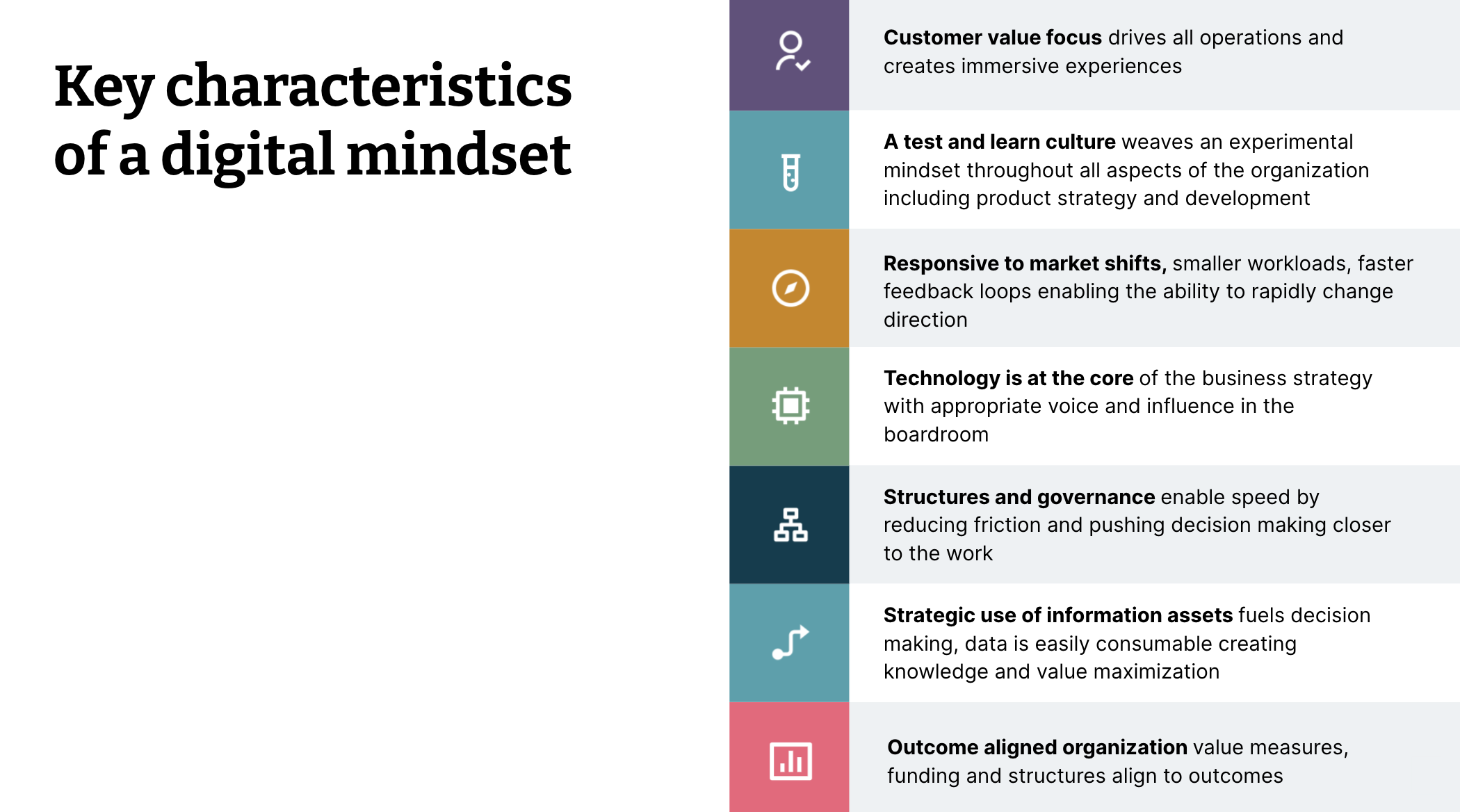Digital transformation has become ubiquitous in the information age as companies across the globe are leveraging emerging tech like analytics, cloud, robotics, AI/ML and IoT to drive user experience, services and offerings.
Start-ups and tech-driven organizations have pushed the boundaries of digital advancements to revamp the business landscape for customers, businesses and beyond. We are witnessing industries like travel (Uber), hospitality (Airbnb), food (UberEats), retail (Amazon), financial services (Stripe), automotive (Tesla) and others (Zoom) being completely reimagined.
However, as organizations are being forced to rapidly adapt to the evolving digital landscape, many falter. In fact, according to McKinsey research, barely 16% percent of executives say their company’s digital transformation efforts are succeeding.
This blog looks at some examples of these failures in digital transformation journeys and presents them using the analogy of the seven deadly sins or cardinal vices – pride, greed, lust, envy, gluttony, wrath and sloth.
Pride: judgement clouded by perceived abilities
“Success is a lousy teacher. It seduces smart people into thinking they can’t lose.” ― Bill Gates
Enterprises are known to be overconfident and view themselves as ahead of the competition – when often, the case is – they might have been at one point and that’s no longer the case because they were too prideful to see the rising competition or they are close to the top but not quite.
The leader and their team’s lack of self awareness causes them to ignore substantial and subtle shifts reshaping their ecosystem. And, the realization of embracing change to stay relevant comes only in hindsight when it’s often too late to adapt.
Prideful vs. Pragmatic

Blockbuster dominated the video retail industry. Then Netflix was founded and it revolutionized the video-rental business with a DVD subscription service and online programming.

Netflix proposed a merger deal with Blockbuster where it would run Blockbuster’s online brand while Blockbuster would promote Netflix in its stores.

Blockbuster turned down the offer, completely ignoring the shift to digital. The company eventually filed for bankruptcy after years of declining profits.

Greed: excessive pursuit of instant success
“If you really look closely, most overnight successes took a long time.” ― Steve Jobs
Enterprises sometimes acquire more than what they need or more importantly, than they can manage by aggressively pursuing market share and massive customer segments. The insatiable hunger leads to miscalculated initiatives and the ever-growing divide between growth and sustainability.
Greedy vs. Measured



While traditional banks offered a 1% interest rate, Xinja offered 2.5% in a haste to acquire customers and raise funds through deposits. They received $457M more deposits than planned for, adding to liabilities.

Lust: strong desire to excel above everything else
"The most important thing to do if you find yourself in a hole is to stop digging." ― Warren Buffett
A driven but narrow focus on success at all costs makes enterprises lose track of intended outcomes and clouds their judgment with respect to smart investments in transformation initiatives.
The urge to be at the top inhibits the pause-and-reflect action that is a strategic necessity, when it comes to transformation journeys. Such short sightedness puts long-term enterprise success in jeopardy.
Lustful vs. Objective




Envy: obsessing over competitors rather than customer value
“If you’re competitor-focused, you have to wait until there is a competitor doing something. Being customer-focused allows you to be more pioneering.” ― Jeff Bezos
As industries witness transformations, existing players feel the pressure to instantly possess what the innovating player has achieved. But, the key is not to merely replicate a successful model but to emulate the resulting customer value and satisfaction.
Envious vs. Reasonable




Gluttony: overindulging to instantly transform or scale
“People think focus means saying yes to the thing you've got to focus on. But that's not what it means at all. It means saying no to the hundred other good ideas that there are. You have to pick carefully.” ― Steve Jobs
Projects are known to fail when leaders overindulge and say yes to everything. Teams attempt to deliver beyond capacity and capabilities. And, everything starts spinning out of control.
Gluttonous vs. Temperate


It had two options: remediation - improve current systems and continue to run them in-house; or replatforming - replacing the core banking infrastructure with Finacle.


Wrath: playing the blame game
"A leader should have higher grit and tenacity, and be able to endure what the employees can’t." ― Jack Ma
Digital transformation requires a close and trust-based partnership between multiple teams – data, engineering, product, strategy, etc. But, when initiatives fail or outcomes are not as per expectations, the disgruntled leaders sometimes fail to rationally assess the situation and look for loopholes.
Wrathful vs. Collaborative




Sloth: being unresponsive to trends
“If you don't innovate fast, disrupt your industry, disrupt yourself, you'll be left behind.” ― John Chambers, former CEO, Cisco
Enterprises are expected anticipate change and efficiently adapt to disruptions, if they are not the ones creating the change in the first place. If leaders are observant of how technological developments are evolving in their industries, there is almost always enough time to make the right decisions and adapt. We have seen enterprises fail, not because of the lack of capabilities but a myopic view that makes them oblivious to change.
Slothful vs. Adaptive




So, how should leaders sustainably build a resilient modern digital business in challenging times? Our recommendation is to identify the right balance between business viability, user desirability and technical feasibility.
Building resilience amidst the digital disruption, requires enterprises to:
Think big - connect strategy with execution
Focus on delivering value - build and measure what matters
Move fast - use lean and agile principles to move quickly and improve cycle time
This is what we, at Thoughtworks, call embracing the digital mindset. And, here are the characteristics of a digital mindset:


As enterprise leadership teams take stock, adapt and create resilience in response to the next normal, our guideline is to adopt a digital-first mindset and self awareness that will help leaders steer clear of the seven deadly sins.
Disclaimer: The statements and opinions expressed in this article are those of the author(s) and do not necessarily reflect the positions of Thoughtworks.


















